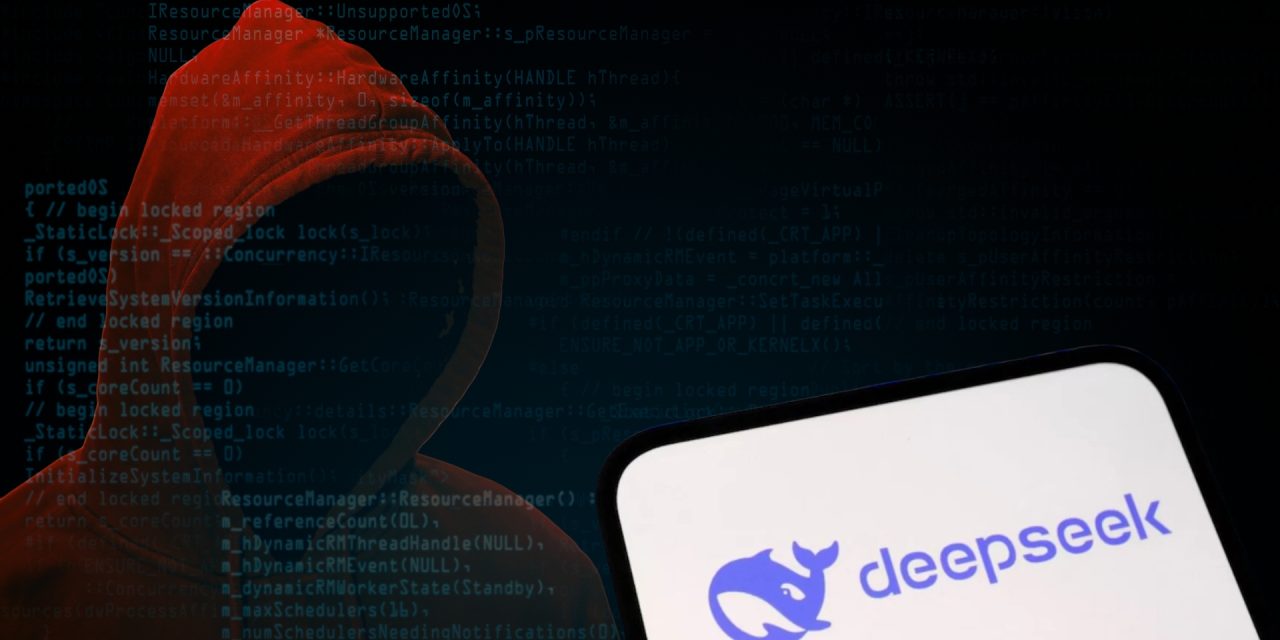Reminiscent of GhostGPT, FraudGPT and WormGPT, new malicious campaigns are in force to hoodwink people interested in trying out DeepSeek
Cybercriminals are constantly latching onto new social and technological trends to exploit. Right now, the new DeepSeek generative AI (GenAI) chatbot is at the center of attention, and people have been trying to download and test it in droves.
However, just as when the other earlier GenAI chatbots were launched, numerous fake apps, fake registration pages and app download scams have surfaced to cash-in on consumer curiosity over DeepSeek.
In addition, according to Olga Svistunova, Senior Web Content Analyst, Kaspersky, “due to high numbers of new users and an alleged cyberattack on DeepSeek, there are glitches in the registration process on DeepSeek’s app and website: many registrations cannot come through. This situation can be used by cybercriminals to steal the credentials of users through fake DeepSeek web pages.”

Other than fake download pages and spoofed domains, cybercriminals have also created:
- Malicious and/or copycat software purporting to be the chatbot, lying in wait for people who have downloaded the apps to launch the code and become exposed to a broad range of malicious activities
- Email campaigns or social media messages that appear to be from DeepSeek, aiming to steal personal information or convince people to pay for the download, among other ruses.
- Various new crypto tokens based on the DeepSeek hype but actually not tied to the DeepSeek brand officially. The operators entice individuals with promises of high returns, leading victims to invest in non-existent or worthless assets.
- Fake AI-driven services, claiming to offer enhanced functionalities or exclusive features based on DeepSeek. Users are prompted to subscribe or pay for these non-existent services, resulting in financial loss and potential exposure to malware. An example includes a fraudulent website promoting a premium version of DeepSeek that promised superior performance but instead phished for users’ payment information.
Deepseek ways to stay safe
Staying safe from such opportunistic and malicious trendjacking does not currently require people to seek unique safety tips deeply. The usual cyber hygiene best practices apply.
- Always be on the lookout for phishing tactics, deepfake and impersonation scams in all your web activities.
- Be on extreme alert when unsolicited advertisements or messages offer cryptocurrency investments promising high returns and/or unique get-rich-quick techniques.
- When downloading new apps to try, stick to the official app stores. Even then, such stores are not always vigilant or capable of detecting malicious apps until it is too late! Avoid sideloading dubious apps in the Android OS.
- Carefully check the addresses of pages asking for account credentials: If there is even the slightest suspicion that a website is fake, do not enter any login information,
- Make sure all your passwords are both strong and unique, supported by multi-factor authentication, biometric and other added verification processes available.
- Install trusted, established web security and anti-malware tools on all your devices (desktop and mobile).

















